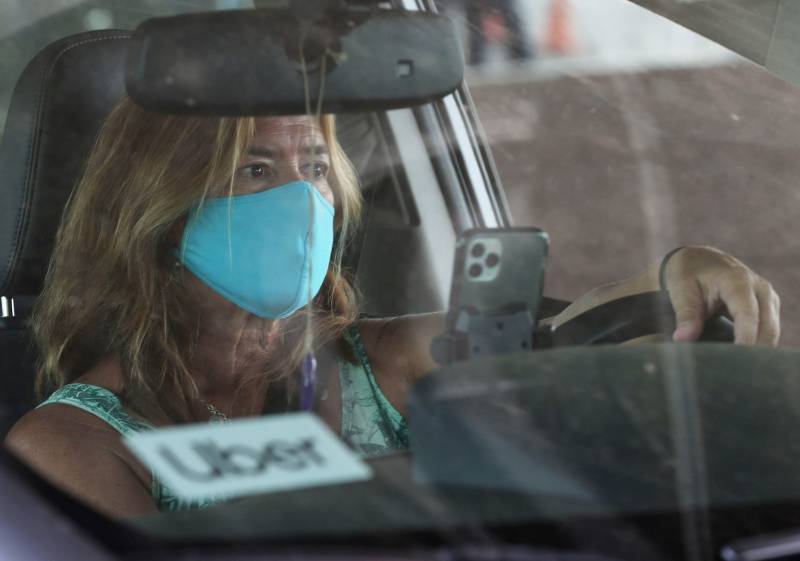Proposition 22, a historically expensive effort by gig companies to continue classifying their workers as independent contractors, was approved by California voters Tuesday.
The measure was placed on the ballot by a handful of gig companies — namely Lyft, Uber, DoorDash, Instacart and Postmates — after the California Legislature passed AB 5 last year. The new law forces those companies to classify more of their workers as employees rather than contractors, and offer them workers’ compensation, overtime pay and other basic benefits they hadn’t previously had to provide.


